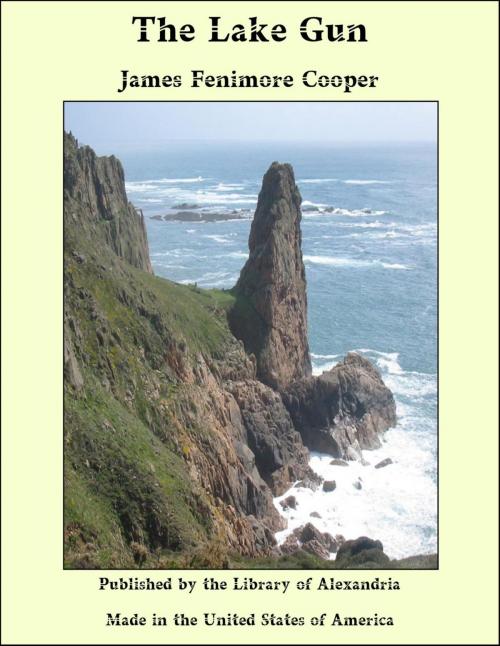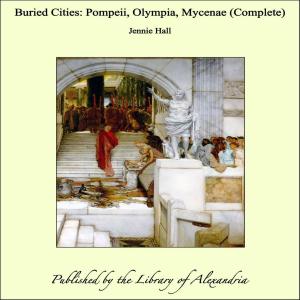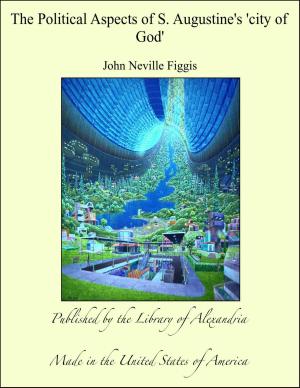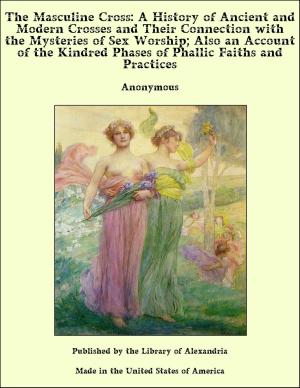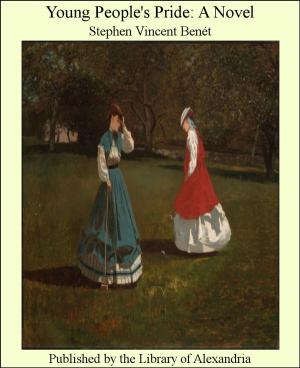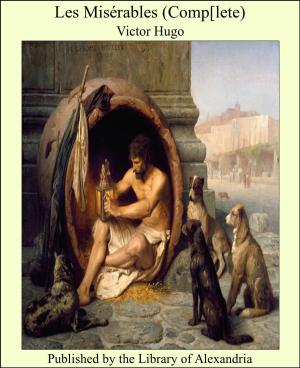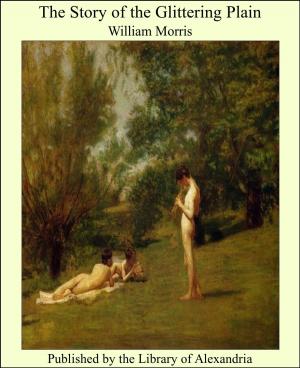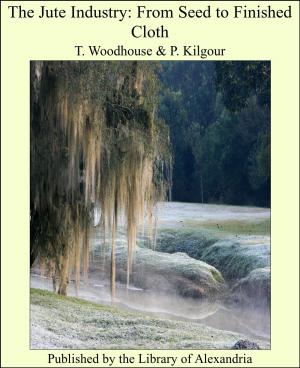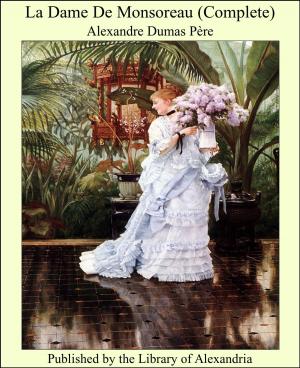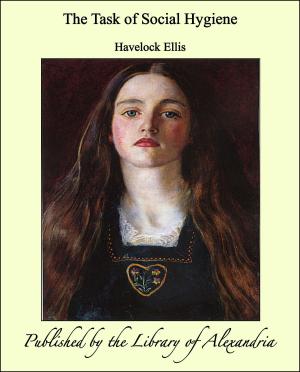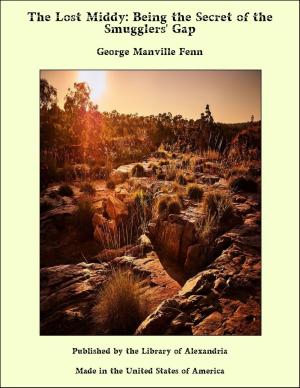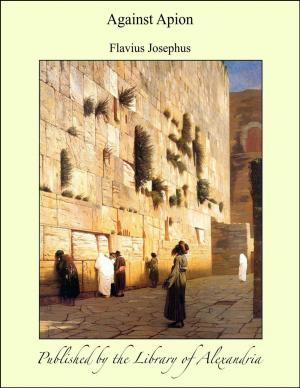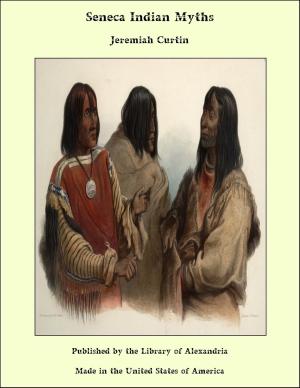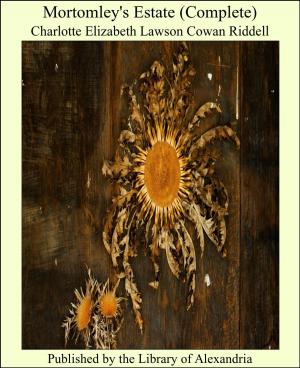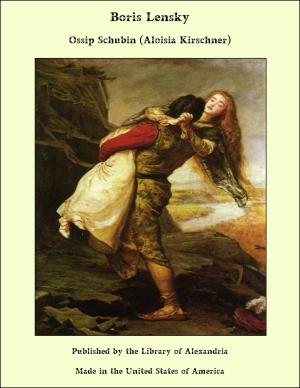| Author: | James Fenimore Cooper | ISBN: | 9781465575470 |
| Publisher: | Library of Alexandria | Publication: | March 8, 2015 |
| Imprint: | Language: | English |
| Author: | James Fenimore Cooper |
| ISBN: | 9781465575470 |
| Publisher: | Library of Alexandria |
| Publication: | March 8, 2015 |
| Imprint: | |
| Language: | English |
"The Lake Gun" is one of James Fenimore Cooper's very few short stories, and was written in the last year of his life. It was commissioned by George E. Wood for publication in a volume of miscellaneous stories and poems called "The Parthenon" (New York: George E. Wood, 1850), and Cooper received 100 for it. The story was reprinted a few years later in a similar volume called "Specimens of American Literature" (New York, 1866). It was published in book form in 1932 in a slipcased edition limited to 450 copies (New York: William Farquhar Payson, 1932) with an introduction by Robert F. Spiller. Introductory Note: The "Lake Gun," though based on folklore about Seneca Lake in Central New York State (the "Wandering Jew" and the "Lake Gun"), and on a supposed Seneca Indian legend, is in fact political satire commenting on American political demagogues in general, and in particular on the then (1850) Whig Senator from New York State, William Henry Seward (1801-1872), who had served as Governor of New York (1838-1842) and would later become Secretary of State (1861-1869) under Presidents Lincoln and Johnson. By 1850 Cooper feared that unscrupulous political extremists, mobilizing public opinion behind causes such as abolitionism, were leading America towards a disastrous Civil War. Cooper probably obtained his local lore about Seneca Lake while visiting his son Paul, who attended Geneva College (now Hobart College) on Lake Seneca from 1840-1844.
"The Lake Gun" is one of James Fenimore Cooper's very few short stories, and was written in the last year of his life. It was commissioned by George E. Wood for publication in a volume of miscellaneous stories and poems called "The Parthenon" (New York: George E. Wood, 1850), and Cooper received 100 for it. The story was reprinted a few years later in a similar volume called "Specimens of American Literature" (New York, 1866). It was published in book form in 1932 in a slipcased edition limited to 450 copies (New York: William Farquhar Payson, 1932) with an introduction by Robert F. Spiller. Introductory Note: The "Lake Gun," though based on folklore about Seneca Lake in Central New York State (the "Wandering Jew" and the "Lake Gun"), and on a supposed Seneca Indian legend, is in fact political satire commenting on American political demagogues in general, and in particular on the then (1850) Whig Senator from New York State, William Henry Seward (1801-1872), who had served as Governor of New York (1838-1842) and would later become Secretary of State (1861-1869) under Presidents Lincoln and Johnson. By 1850 Cooper feared that unscrupulous political extremists, mobilizing public opinion behind causes such as abolitionism, were leading America towards a disastrous Civil War. Cooper probably obtained his local lore about Seneca Lake while visiting his son Paul, who attended Geneva College (now Hobart College) on Lake Seneca from 1840-1844.
